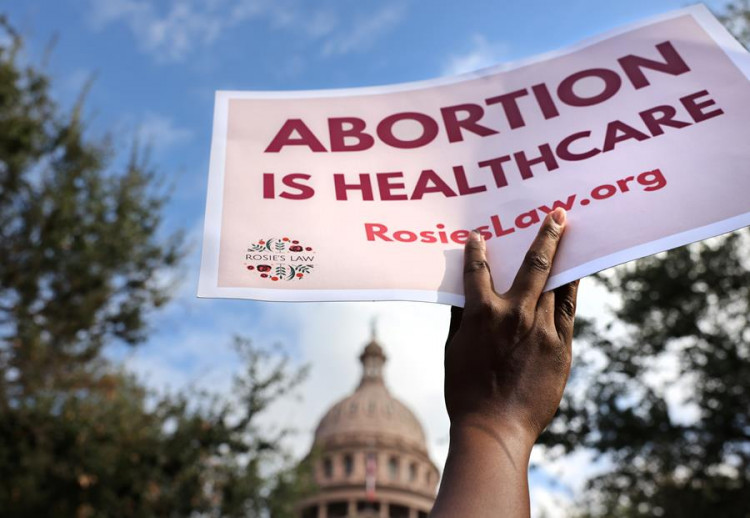The Iowa Supreme Court has upheld a law banning most abortions after six weeks of pregnancy, aligning the state with a growing number of regions imposing strict reproductive health regulations. The ruling marks a significant victory for anti-abortion advocates and Republican lawmakers in the wake of the U.S. Supreme Court's 2022 decision to overturn Roe v. Wade.
The court's 4-3 decision reverses a previous lower-court ruling that had temporarily blocked the law. The majority opinion, written by Chief Justice John Roberts, stated that the law has a "rational basis" and is "rationally related to the state's legitimate interest in protecting unborn life." Roberts added that the government's broad application would "criminalize a broad swath of prosaic conduct."
In contrast, Chief Justice Susan Christensen strongly dissented, arguing that the ruling strips Iowa women of their bodily autonomy. "The majority's rigid approach relies heavily on the male-dominated history and traditions of the 1800s, all the while ignoring how far women's rights have come since the Civil War era," Christensen wrote.
Republican Governor Kim Reynolds celebrated the decision, emphasizing the sanctity of life. "There is no right more sacred than life, and nothing more worthy of our strongest defense than the innocent unborn. Iowa voters have spoken clearly through their elected representatives. I'm glad that the Iowa Supreme Court has upheld the will of the people of Iowa," Reynolds said in a statement.
The law, which was briefly in effect last year after being signed by Governor Reynolds, bans most abortions after a fetal heartbeat is detected, typically around six weeks of pregnancy. Exceptions are allowed in cases of rape (if reported within 45 days), incest (if reported within 145 days), severe fetal abnormalities, or if the pregnancy endangers the life of the patient.
The ruling puts Iowa among 18 states that either ban nearly all abortions or restrict them after six weeks. This development further diversifies the patchwork of reproductive rights across the United States, a trend accelerated by the U.S. Supreme Court's Dobbs decision.
The American Civil Liberties Union of Iowa, Planned Parenthood North Central States, and the Emma Goldman Clinic had immediately challenged the law following its passage during a special legislative session last July. After the initial injunction, Planned Parenthood took steps to mitigate the law's impact, such as rescheduling appointments in states with more lenient laws.
Following the Supreme Court ruling, abortion services are now limited to a single Planned Parenthood location in Ames, Iowa, after closures in Des Moines and other cities. Planned Parenthood providers have been preparing patients for the possibility of needing to travel out of state to receive abortion services.
Public opinion on the ruling is deeply divided. Supporters of the ban see it as a necessary measure to protect unborn life, while opponents view it as an infringement on women's rights and bodily autonomy. This ruling is expected to play a significant role in the upcoming 2024 elections, with reproductive rights remaining a contentious issue nationwide.
The Midwest now presents a varied landscape for abortion access. Neighboring states like Minnesota, Wisconsin, Kansas, and Illinois continue to allow abortions beyond 20 weeks, while Missouri and the Dakotas have near-total bans. Nebraska recently imposed a 12-week ban.
The Iowa Supreme Court's ruling has immediate and long-term implications for the state's legal and political landscape. It reinforces the trend of states enacting stringent abortion laws and sets a precedent for future legal battles over reproductive rights.
Attorney General Merrick Garland expressed his disappointment with the ruling but noted that it would not affect the majority of the more than 1,400 defendants charged in connection with the January 6 Capitol riot, underscoring the distinct but simultaneous legal narratives unfolding across the nation.






